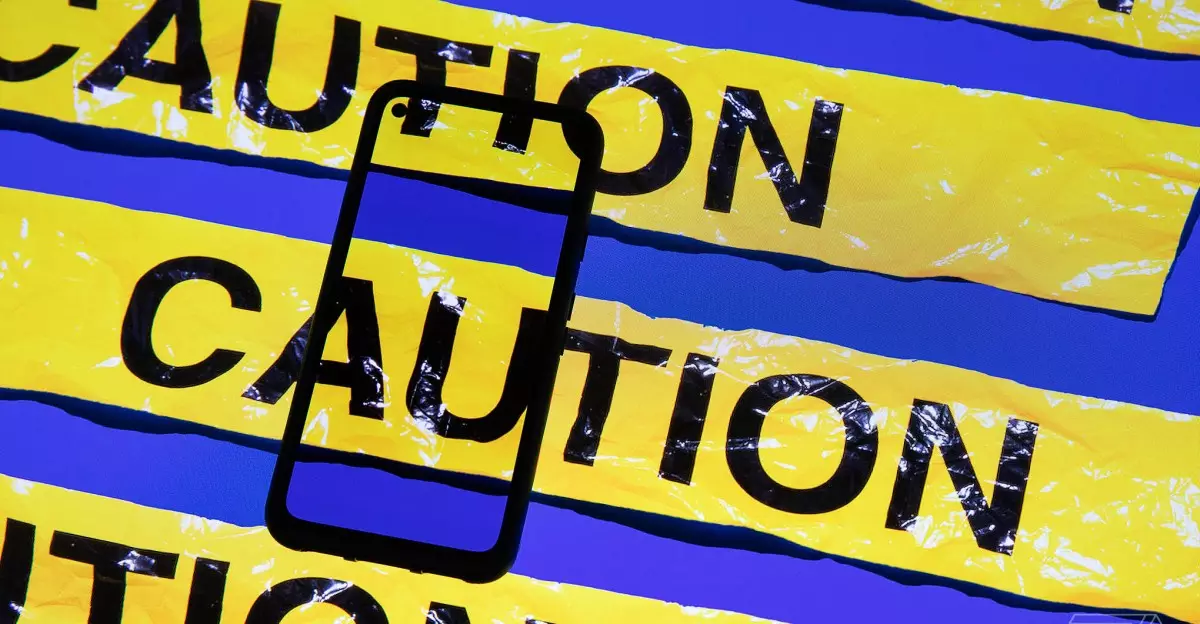Recent events surrounding a significant hack at TeleMessage, an Israeli tech firm providing modified communication apps to U.S. government agencies, have unveiled glaring vulnerabilities in digital communication. The breach, reported by 404 Media, not only compromised the messaging app’s security but also exposed sensitive data such as direct messages and official contact information. This raises alarm bells about the adequacy of cybersecurity measures employed by software companies tasked with safeguarding governmental communications.
Inadequate Security Measures Revealed
TeleMessage markets its software as a means to secure chat archives within popular messaging platforms like Signal and WhatsApp. Despite this assertion of security, the breach revealed that the archived messages were not fully protected by end-to-end encryption. As a result, hackers could easily access important communication logs, including the login credentials for the service’s backend. This oversight highlights an industry-wide issue: companies often prioritize market demands over the integrity and security of their services. If governmental organizations are utilizing these apps, one would expect the highest standards of encryption and security protocols to be in place, yet this incident strongly suggests otherwise.
Implications for National Security
The implications of this breach are dire, especially considering the nature of the data involved. Reports indicate that while sensitive information from high-profile officials like former National Security Advisor Mike Waltz was not compromised, personal contact details of other government officials—such as Customs and Border Protection agents—were laid bare. The fact that some officials’ voicemail greetings matched the leaked data provides clear evidence of the breach’s authenticity. Such exposure not only jeopardizes the safety of individuals but also threatens national security operations that rely on secure communications.
Increased Scrutiny of Government Communications
This incident contributes to a growing trend of scrutinizing how government officials communicate, especially in light of past blunders like Waltz inadvertently connecting with media personnel during sensitive discussions on military strikes. It draws attention to the modern complexities of digital communication, where the lines between secure and insecure exchanges can often blur. If officials are careless in their choice of communication tools, it opens the door to significant risks that can be exploited by malicious actors.
Corporate Responsibility and Transparency
In the wake of the breach, TeleMessage’s decision to wipe its website, which previously outlined its service capabilities and provided app downloads, raises further concerns about corporate transparency. This appears to be a desperate attempt to control the narrative and mitigate damage rather than an effort to address the systemic issues that led to this vulnerability. Tech companies offering services to the government must recognize their pivotal role in cybersecurity and strive to uphold the highest standards of data protection. Failure to do so not only endangers sensitive government operations but also undermines public trust in technological solutions.
The breach at TeleMessage serves as a wake-up call for both tech companies and government agencies: the stakes are high, and complacency can lead to detrimental consequences. It is imperative for all stakeholders to reassess current cybersecurity practices and ensure that the technologies they implement are robust enough to withstand ever-evolving threats.

